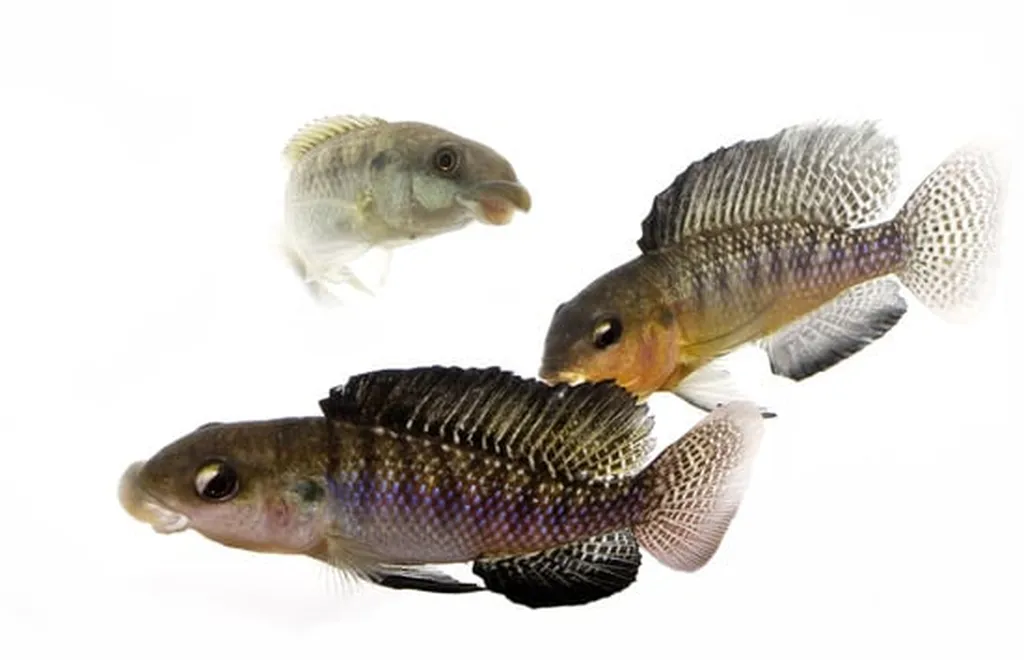In the world of aquaculture, where the health of fish directly impacts the bottom line, understanding diseases like Red Mark Syndrome (RMS) is crucial. A recent study published in the journal *Advanced Science* (translated to English as “Advanced Science”) sheds new light on this perplexing condition, offering insights that could reshape how we approach fish health and potentially boost the aquaculture industry.
Red Mark Syndrome is a disease that affects rainbow trout, causing characteristic skin lesions that can significantly impact fish health and marketability. The exact cause of RMS has been a topic of debate, but researchers suspect a Midichloria-like organism (MLO) might be the culprit. Now, a team led by J Germán Herranz-Jusdado from Skretting Aquaculture Innovation in Stavanger, Norway, has delved deeper into the immune response of rainbow trout affected by RMS, with a particular focus on B cells.
The study confirms a local influx of IgM+ B cells to the skin lesions, indicating a robust immune response at the site of infection. “We’ve seen a significant differentiation of these B cells into plasma-like cells, suggesting a strong local immune reaction,” Herranz-Jusdado explains. This finding is pivotal, as it highlights the role of B cells in combating the disease.
One of the most intriguing discoveries is the evidence suggesting that the MLO can be internalized by B cells. “We found transcripts of the gene coding for MLO 16S rRNA in sorted skin IgM+ B cells and non-IgM+ skin leukocytes,” Herranz-Jusdado reveals. This indicates that the bacterium can potentially interfere with intracellular pathways, a finding that could have far-reaching implications for understanding and treating RMS.
The study also suggests a polyclonal activation of local B cells and some trafficking between the skin and the head kidney, a crucial immune organ in fish. This trafficking could be a key factor in the systemic immune response to RMS.
So, what does this mean for the aquaculture industry? Understanding the immune response to RMS could lead to more effective treatments and preventive measures, ultimately reducing losses and improving fish health. “This research provides another example of how fish B cells are pivotal in responding to pathogens,” Herranz-Jusdado notes. By leveraging this knowledge, researchers and industry professionals can develop targeted strategies to combat RMS and other fish diseases.
As the aquaculture industry continues to grow, the need for robust disease management strategies becomes ever more critical. This study not only advances our understanding of RMS but also underscores the importance of B cells in fish immunity. With further research, these findings could pave the way for innovative solutions that enhance fish health and bolster the aquaculture sector’s resilience.
In the quest for sustainable and profitable aquaculture, every discovery counts. This study is a significant step forward, offering hope for a future where fish health is better understood and more effectively managed. As Herranz-Jusdado puts it, “This is just the beginning. There’s still much to learn, but each discovery brings us closer to solutions that can make a real difference.”

